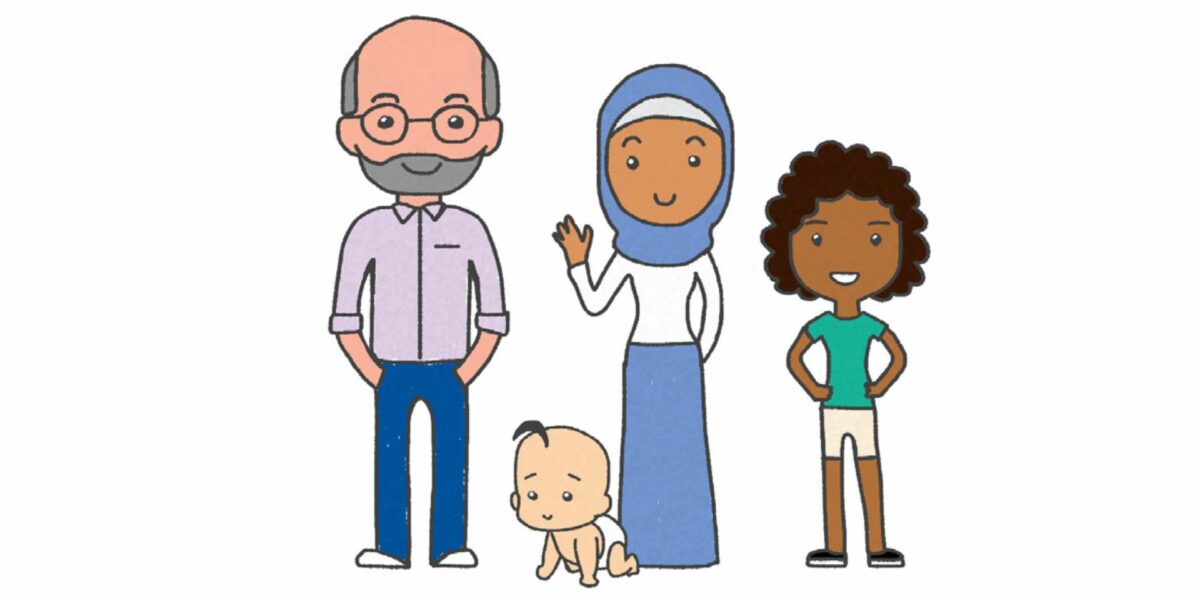Respiratory syncytial virus (RSV) is a common virus that spreads through contact with respiratory droplets (coughing, sneezing, or kissing). Even though RSV is often associated with mild, cold-like symptoms, it can be serious and can lead to severe illness. This animated public service announcement video highlights the dangers of RSV for those at highest risk for severe disease, including premature infants and infants age 6 months and younger, those with chronic heart or lung disease, those with compromised immune systems, and older adults.
Share this video using the hashtags #PreventRSV and #RSVAwareness
Related Resources

Public Service Announcements, Video
What Is A Monoclonal Antibody?
Animated video on monoclonal antibodies—what they are, how they work, and their applications for COVID-19 and RSV
